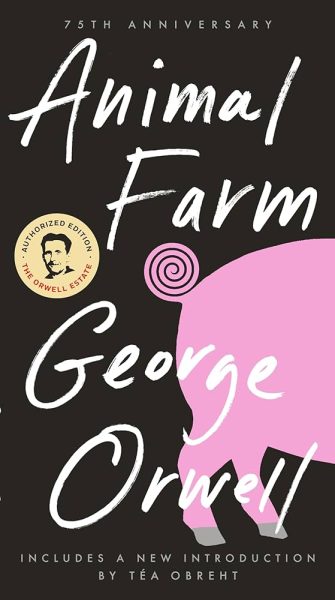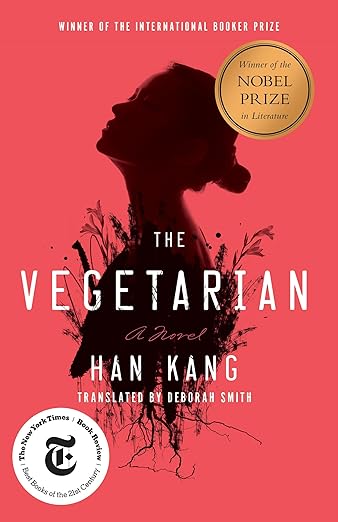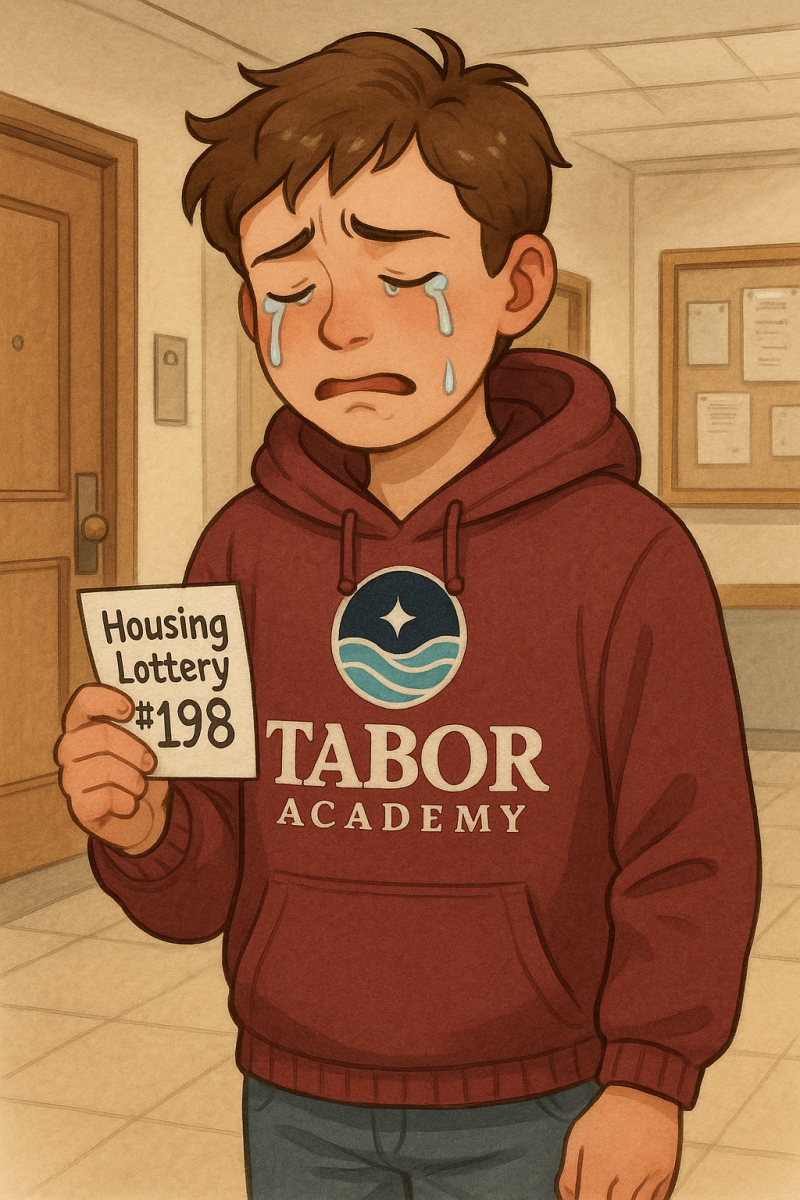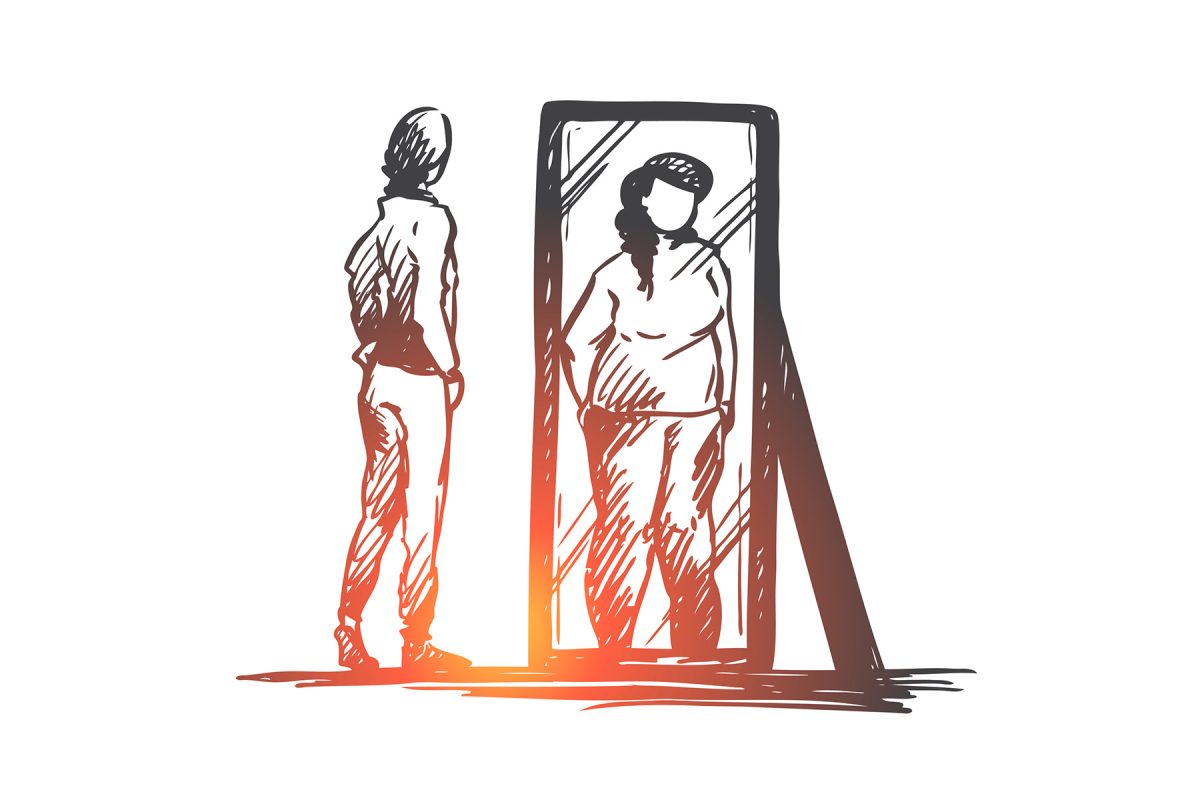
Animal Farm by George Orwell, originally published to critique Soviet Russia, is a daring commentary on how the acquisition of power leads to corruption expressed through the simpleness of farm animals in a concise novella. In only 141 pages, Orwell manages to craft a complex narrative of totalitarianism, classism, and political corruption using farm animals.
Mr. Jones, the owner of Manor Farm, was known to treat his animals cruelly. They were overworked, underfed, and led lives of pure misery. Naturally, this dissatisfaction and the desire for a better life ignited the spark of rebellion. When the prize-winning pig Old Major gathered the animals to tell them of his dream of a life without the tyranny of humans, he left them with The Beats of England, the anthem for their rebellion. The animals, with their new ideology of “Animalism,” succeeded in running off Mr. Jones and established their new utopia: Animal Farm.
However, as the animals form their new society, inequities arise. The pigs create and organize the new system and make the Seven Commandments of Animalism that all animals must abide by. At first, everything goes as planned: everyone is treated equally: Everyone works, and everyone votes at weekly meetings. However, as time passes Animal Farm begins to slip into the same totalitarianism they once gathered to rebel against. One pig, Napoleon casts out his political rival, Snowball, and seizes complete power over the farm. The animals are assured that Napoleon is doing them a favor by taking on sole responsibility for decision-making.
Snowball, however, becomes the equivalent of Emmanual Goldstein in Orwell’s more popular novel, 1984. Napoleon morphs him into the ultimate scapegoat. Every bad event can be traced back to Snowball and Napoleon comes out as the hero who saved Animal Farm from his treachery. Napoleon’s rise to power marks a pivotal point in the progression of life on Animal Farm. There are no longer weekly meetings; food rations are no longer equal; The Beats of England is banned; and the Seven Commandments, the principles on which Animal Farm was founded, are changed to one sentence: “All animals are created equal, but some animals are more equal than others.”
Orwell uses the different animal breeds with different characteristics to create disparity and a class system that mirrors the human world. The pigs, who led the Rebellion for equality, become upper-class citizens and politicians who exploit their workers. They betray their ideals for power, morphing into exact replicas of the tyrannical humans they once hated. The dogs become the companions of the pigs, protecting them and enjoying privileges without holding any power. Every other animal becomes a lower-class citizen, worked to the bone with little to no reward. Orwell’s system directly mirrors the reality in Soviet Russia and other countries, showing the progression from revolutionary ideals to falling into the same totalitarian ideals of their oppressors. With the accumulation of power comes corruption, and with corruption comes the oppression of the lower classes, conveyed through the disparity between the different animal breeds.
Animal Farm had a predictable plot line, but how George Orwell fleshes out the plot leaves readers in awe. Orwell takes the simplistic scale of a farm and its animals to express complex power structures and the result of their manipulation to create an accessible yet powerful novella. I would strongly recommend this novella to anyone as the concision, language, and expression make it accessible to a range of people. I was completely enthralled with the world Orwell so masterfully created in Animal Farm and was unable to put it down. I am certain Animal Farm will join The Outsiders on my list of books I re-read again and again.

















